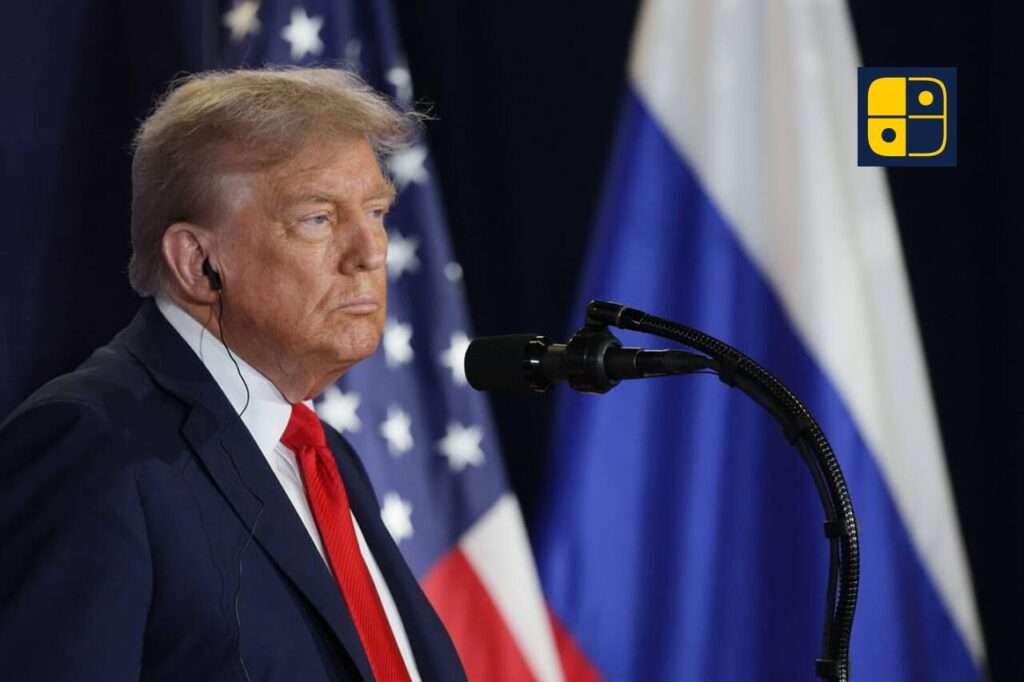In a startling remark that has reignited debate across diplomatic circles, the U.S. President Donald Trump claimed that his tariff policies “prevented a war” between India and Pakistan, dubbing the U.S. a global “peacekeeper through trade.” According to Trump, his economic leverage and tariff threats stopped both nations from escalating after “seven planes were shot down” a reference to the 2025 India-Pakistan border flare-up.
However, India has firmly dismissed the claim, asserting that no U.S. mediation or trade linkage existed during the crisis. Officials in New Delhi emphasize that the ceasefire was achieved through direct military and diplomatic channels, not economic coercion. Yet Trump’s statement underscores a deeper trend: the weaponization of trade policy as a geopolitical instrument.
Globally, Trump’s tariff doctrine extending 25-100% duties on India, China, and even EU exports marks a shift toward economic deterrence diplomacy, where markets, not missiles, define leverage. Analysts warn that such unilateralism risks destabilizing strategic partners like India, which remains central to U.S. Indo-Pacific strategy and global semiconductor supply chains.
While Trump paints tariffs as tools of peace, critics argue they could instead ignite a new era of economic wars, ones fought not on borders, but on trade ledgers.

